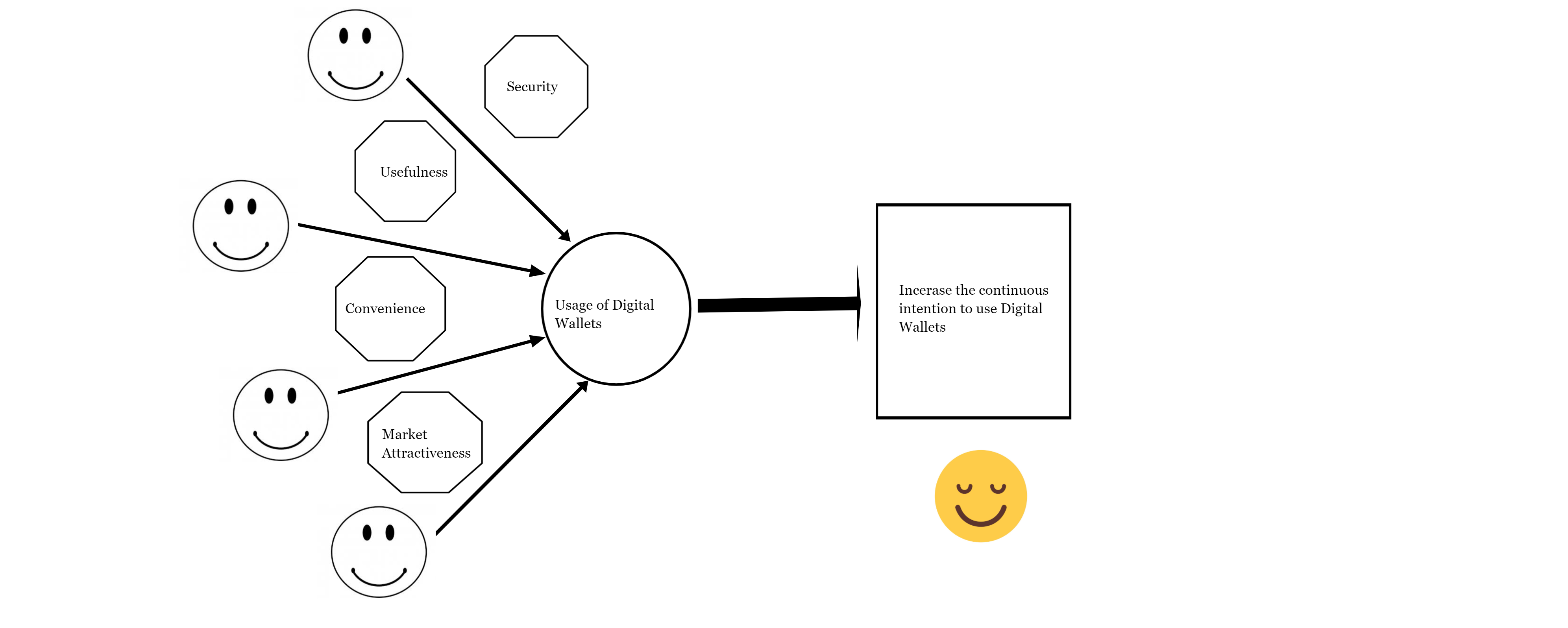Identify the Factors that Impact the Continuous Intention to Use Digital Wallets During the COVID – 19 Pandemic: An Empirical Study of Sri Lanka
DOI:
https://doi.org/10.31357/ait.v2i2.5448Abstract
With the rapid development of technology, cashless payments were gained huge popularity among customers. Digital wallets, as a Fintech product, facilitate their customers to do mobile banking, mobile payments, and mobile trading more conveniently. COVID – 19 pandemic hit the world of a sudden, and Sri Lanka was also severely affected by this pandemic. Therefore, the Sri Lankan government has imposed lockdowns, quarantine curfews, and other travel restrictions to maintain the social distance among the citizens. Hence most of the day-to-day activities become the online basis. People used the internet to do their daily activities because of the convenience and the safety concerns during the COVID – 19 pandemics. Due to the travel restrictions, people were not able to travel, and they had no other choice rather than to use the online facilities to do their daily transactions. This study explores the factors that can impact the continuous intention to use digital wallets as an online payment method during the COVID – 19 pandemics. To identify these factors, questionnaires were distributed among 250 people. Correlation coefficient and multiple linear regression methods were mainly used to analyze the data obtained by the questionnaires. This analysis showed that convenience, security, usefulness, and social influence have a significant and positive impact on the usage of digital wallets. According to the following findings, this research can be concluded as these four factors can directly impact the continuous intention to use digital wallets during the COVID – 19 pandemics. Finally, this study also helps the digital wallet service providers to identify the areas they have to think critically to provide a better service to their customers.

Downloads
Published
How to Cite
License
Copyright (c) 2022 Sanduni Madushanka Assalaarachchi

This work is licensed under a Creative Commons Attribution-NonCommercial-NoDerivatives 4.0 International License.
The Authors hold the copyright of their manuscripts, and all articles are circulated under the terms of the Creative Commons Attribution License, which permits unrestricted use, distribution, and reproduction in any medium, as long as that the original work is properly cited.
The use of general descriptive names, trade names, trademarks, and so forth in this publication, even if not specifically identified, does not imply that these names are not protected by the relevant laws and regulations. The authors are responsible for securing any permissions needed for the reuse of copyrighted materials included in the manuscript.




